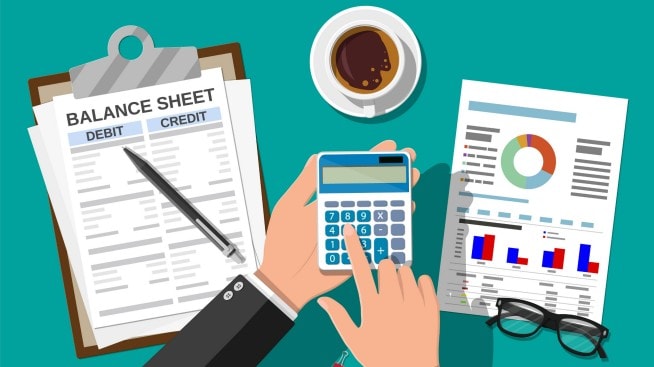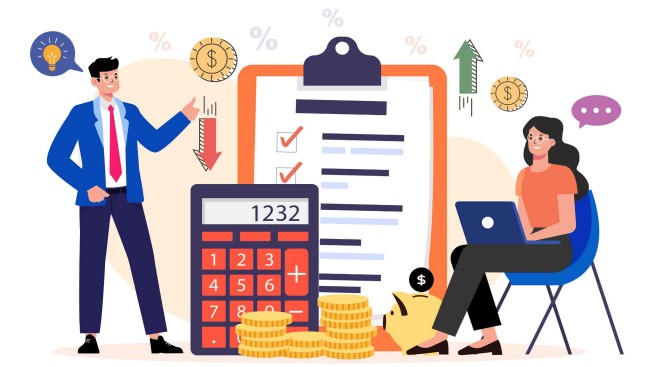Disputing closed accounts on your credit report

An account is technically closed when it cannot be used to make charges. Whether you closed the account or your creditor did, the effect of a closed account on your credit report may differ depending on the account standing. An account in positive standing won't have any negative payment history.
Generally speaking, it's better to keep an account open and use the card sparingly, if at all, than it is to close the account. If you're concerned about the closed accounts on your credit report, there are a couple steps you can take.
How to remove a closed account from your credit report
Dispute inaccuracies
The Fair Credit Reporting Act (FCRA) protects consumers from inaccurate information being reported by the credit bureaus, but this doesn't happen automatically. You'll need to dispute inaccurate information to have it changed or removed.
Each of the three major credit reporting bureaus — Experian™, Equifax® and TransUnion® — lets consumers file a dispute. You'll have to submit your name, account number, the item you're disputing and evidence proving the dispute is legitimate.
Once you file the dispute, the credit bureaus need to investigate the claim within 30 days and notify you of the outcome in writing. If the information on the report is inaccurate, the bureaus must remove or correct the information.
Wait for the accounts to fall off
If disputing inaccuracies doesn't work, the next best thing to do is be patient. How long do closed accounts stay on your credit report? Negative information typically falls off your credit report 7 years after the original date of delinquency, whereas closed accounts in good standing usually fall off your account after 10 years. Whether an account is open or closed, your credit score can benefit from an account in positive standing that stays on your report for a long time. Once the account is removed from your report, you lose that piece of your credit history.
How do closed accounts affect your credit score?
Closed accounts on your credit report can affect your credit score, but the words “account closed by creditor" aren't cause to panic.
Several key factors make up your credit score :
- Payment history
- Credit usage (or utilization ratio)
- Credit history
- Total balances
- Available credit
While closing an account may seem like a good idea, it could negatively affect your credit score. You can limit the damage of a closed account by paying off the balance. This can help even if you have to do so over time. Any account in good standing is better than one which isn't.
How closing an account could hurt your…
- Credit usage: Your credit utilization ratio is your account balances compared with your available credit. Experts recommend keeping your credit utilization below 30%. While an open account may increase your credit utilization ratio, a closed account will reduce your available credit.
- Credit history: Your length of credit history or credit age is a measure of how long you've had a particular account or loan. Longer periods of time are generally considered positive information and can benefit your credit score. A shorter credit history could make you seem like a riskier borrower than a longer credit history. When an account is removed from your report, you lose that entire history.
- Types of credit: Creditors and lenders usually value when your credit is a mix of different types. That means credit cards and loans, revolving and installment credit, not just one or the other. Closing a credit card may diminish the mix of credit types visible on your credit report.
How to improve your credit practices going forward
It's never a bad time to build better financial habits, and focusing on your credit is a good start.
Here are some best practices for your credit health:
- Make your monthly payments on time.
- Pay more than the minimum amount due when possible.
- Keep your credit card and other revolving debt balances as low as possible.
- Keep unused credit card accounts open.
- Limit the number of times you apply for new lines of credit.
You can access your credit report and manage your credit score with confidence for free using Chase Credit Journey®.



